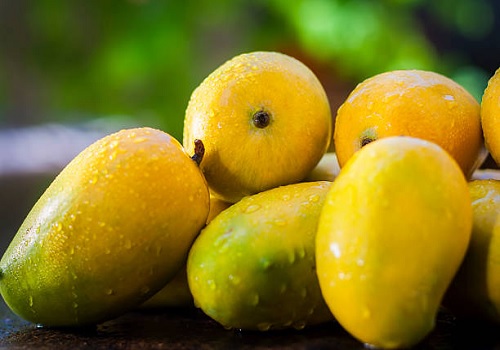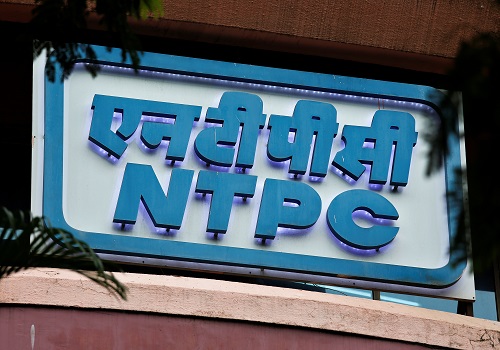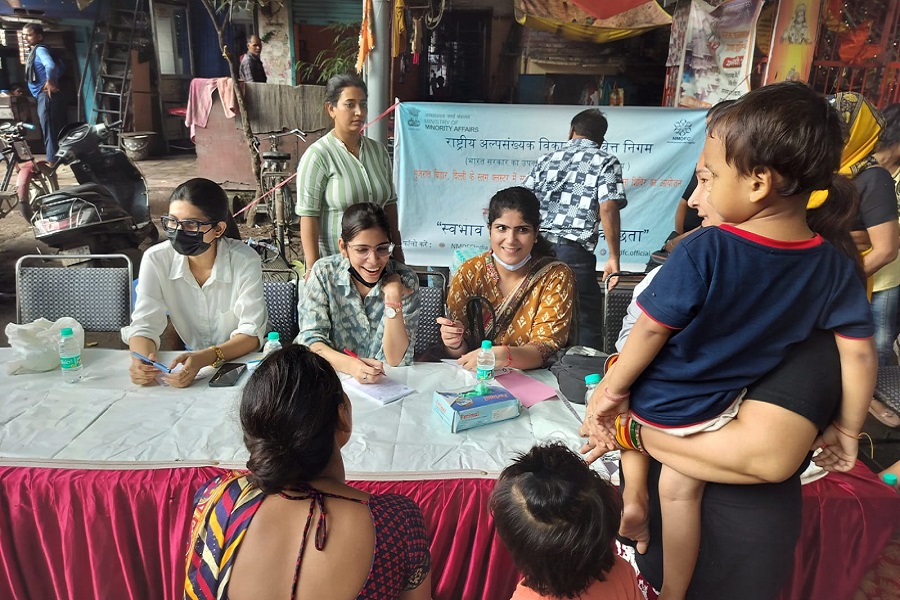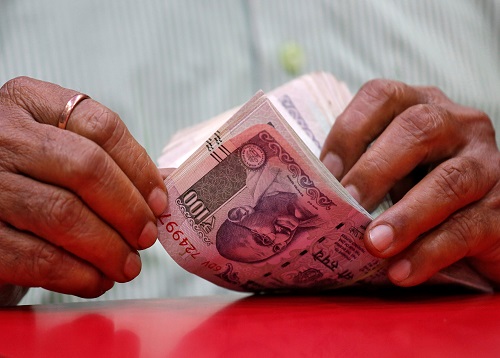Famed Dharmapuri mangoes in Tamil Nadu to cost more as pests destroy crops

Follow us Now on Telegram ! Get daily 10 - 12 important updates on Business, Finance and Investment. Join our Telegram Channel
The famous Dharmapuri mangoes of Tamil Nadu are set to get expensive as a result of pest attack leading to its shortage, leaving the horticulture department and the farmers a worried lot.
Famed across South India for their taste and size, the Dharmapuri mangoes are one of the most cherished products from the state that is sold across.
According to farmers, the prices are yet to be fixed but it will be anywhere more than 20 to 30 per cent than the previous years, given the damage suffered by the pest attack.
The district has a total of 15,000 hectares under mango cultivation and the yield was around 10 tonne of mangoes for each hectare, they said.
K. Krishnamoorthy, a mango farmer at Dharmapuri told IANS: "The production of mangoes was around 1.5 lakh metric tonne from the 15000 hectares of cultivation. However, this year pests have ravaged the crop and we do not expect half the produce and this will lead to a hike in prices."
Horticulture department sources told IANS that two insects, leafhopper and Thrips have destroyed the crop by half in the current season at Dharmapuri.
These pests eat away the leaves from new branches and curtail the process of photosynthesis thus affecting the production of mangoes, the officials said.
The state horticulture department has already invited plant scientists, pathologists, and entomologists to investigate and suggest countermeasures and some scientists have given a list of recommendations for farmers to overcome the situation.
Sources in the horticulture department told IANS that the farmers had not taken any control measures earlier to get rid of the pest attack and the suggestions given by the scientists would be now implemented leading to the prevention of any further attack by leafhoppers and thrips, the two pests that have caused extensive damage to mango crop in Dharmapuri area.
Renowned plant pathologist Dr S.K. Manoranjitham and noted entomologist Dr T. Elayiharathi have visited Dharmapuri mango plantations and given suggestions to the department and farmers to counter the pest attack, the department sources said.












 320-x-100_uti_gold.jpg" alt="Advertisement">
320-x-100_uti_gold.jpg" alt="Advertisement">












